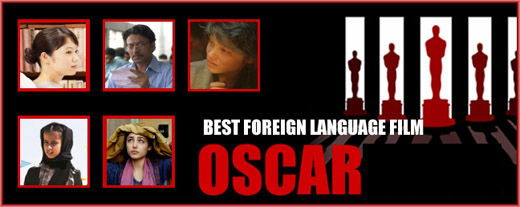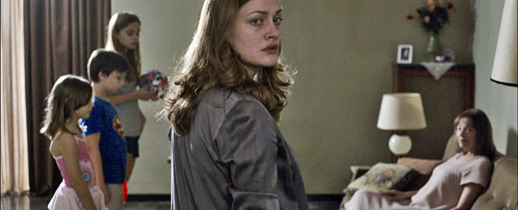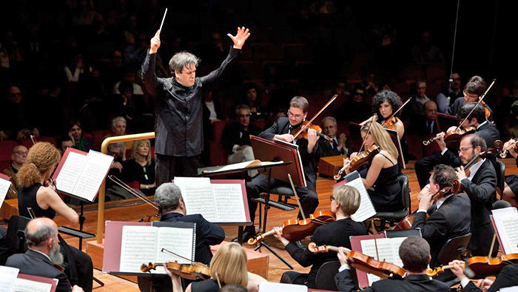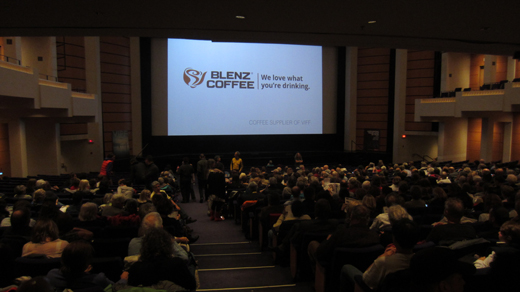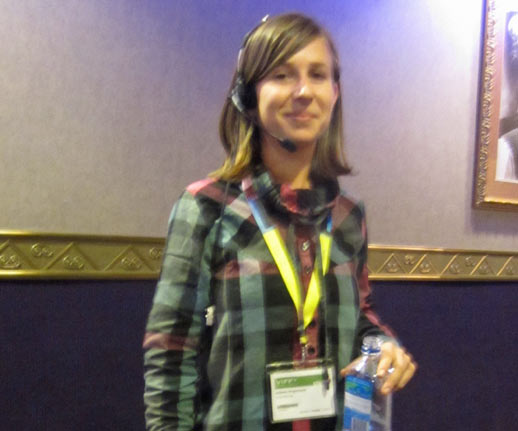
Although VanRamblings’ love for VIFF venue manager Iulia Manolescu has not diminished one iota as the Vancouver International Film Festival has moved out into the community in 2013, and Iulia has assumed an overdue VIFF management role of prominence, at this year’s Festival — and, in a galaxy of film festival venue managers whose humanity and organizational élan knows no equal (we’re talking about you, Sean and Nancy), there has emerged this year a ‘new’ VIFF venue manager possessed of an uncommon humanity, transcendent organizational skills, an individual whose exemplary social skills and humane ability to connect with whomever she comes into contact — has emerged in 2013 as an inspiration and welcome gift to this year’s edition of our annual film festival by the sea.
Jelena Popovich, pictured above, is the shining star of this year’s film festival venue managers, a lovely, lovely woman who has gained the respect of the grateful volunteers with whom she has worked each day, not to mention the thousands upon thousands of VIFF patrons who throughout the Festival have sought her angelic intervention in respect of a passing quandary of momentary significance — Jelena, who day in, day out left joy in her wake in every engagement with VIFF staff, volunteers and patrons.
Today, VanRamblings pays tribute to Jelena Popovich, the young woman who may very well become her very own deity within VIFF venue management in the years to come. Jelena — thank you for employing your singular and transcendent organizational skills at this year’s Festival, and for your beneficent ability to transform all that is occurring around you.
![]()
![]()
![]()

At the 32nd annual Vancouver International Film Festival, the venue managers at each of the seven sites emerged as the beating heart of this year’s Festival, the individuals who transformed what might have been chaos into a tremendously welcoming experience for film festival patrons, who brought a strength of purpose and uncommon humanity to the task set for them by film festival administration — create the best possible experience for the tens of thousands of VIFF patrons standing in the line-ups outside the theatre awaiting entrance to the cinema for the next screening, while establishing a process for theatre ingress and egress from each VIFF screening that would be welcoming on the way in, and “sad to see you go, but we look forward to seeing you again soon” on the way out.
And, who are these venue managers of whom we write? There’s …
- Sean Wilson, the entirely magnificent, heartful showman of the 32nd annual Vancouver International Film Festival, who connected like mad with VIFF volunteers and patrons, creating the conditions in whichever venue he was assigned for one of the best possible theatrical exhibition experiences this city has ever experienced;
- Teresa Weir, VIFF’s most experienced (and dare we say, best organized) venue manager, who this year also took on the gargantuan task of Exhibitions Assistant (you know, the one who does all the work) to Exhibitions Manager George Mah, who created the conditions not only for a tremendous VIFF patron experience, but allowed George and Festival Director Alan Franey the opportunity to sleep at night, knowing that with Teresa at the helm, our festival was in good hands;
- Nancy Kurek, over at The Rio Theatre, who truth to tell (now, don’t tell anyone) is really, truly THE beating heart of the Festival, a woman of transcendent loveliness who simply by dint of her presence instills a confidence that all will be well, that this night will be the best night of all the myriad film festival evenings you’ve experienced over the years;
- Jenn Tennant and the exquisite Sylvija Dogan, over at VIFF’s SFU Woodwards Goldcorp Theatre venue, who daily created the conditions for a magical and transformative cinematic experience within SFU’s 350-seat lecture-hall-like cinema venue, all the while inspiring the volunteers on each floor of the centre, their presence a balm for harried film-goers, Jenn’s welcoming smile a salve for the soul;
- Stephanie Brogden, perhaps the most warmly mischievous venue manager presence at the 32nd annual Vancouver International Film Festival, and - along with Iulia - the most charming VIFF ‘host’ introducing films, who exhibited a vulnerability and little girl quality that almost broke your heart every time you saw her, an utterly angelic presence, innocent in her presentation of self, tempered by an innate strength, and subtle humility, in her means of connection;
- Rodney Stewart, the calming, zen presence at The Playhouse, The Cinematheque, or whichever of the VIFF venues to which he was assigned for the day, whose stage presence while introducing films was always warm and funny, welcoming and reassuring, whose presence on stage acted as the perfect prelude to the film which would in only moments unspool on screen before us.
We want to make special mention of the two venue managers whose palpable humanity when introducing a festival film transformed the theatre, brought you deeper and further inside the cinematic and human experience than was the case at this or any other film festival of recent years.
In 2013, Iulia Manolescu brought a new-found confidence and naturalness to the introduction of VIFF films, that was all of once serene and funny, welcoming and knowing, reassuring and oh, so humane. No one on VIFF venue management staff connected like Iulia this year when introducing a film, no audience was more attentive than was the case when Iulia skipped down the steps of the Cineplex cinemas to the proscenium in front of the screen to bring us inside her conspiracy of warmth for humanity.
And then there was Stephanie Brodgen, of course, the wholly lovely venue manager at The Centre in Vancouver For Performing Arts, whose quiet and comforting presence in front of the screen in the moments before the film was to begin commanded your attention, who radiated a vulnerability and uncommon humanity, and who was this year the single most charming daily presence at the 32nd annual Vancouver International Film Festival.

